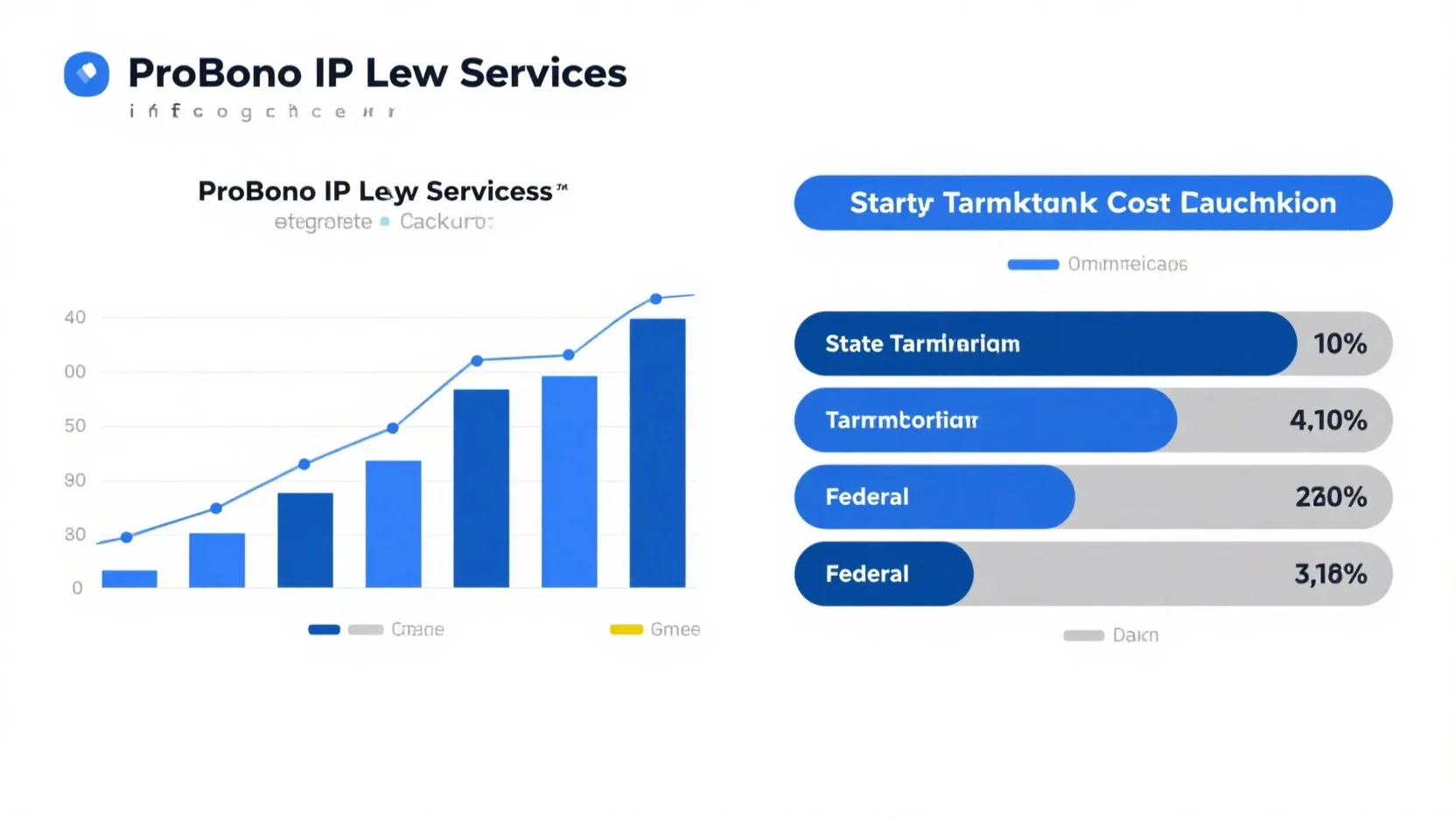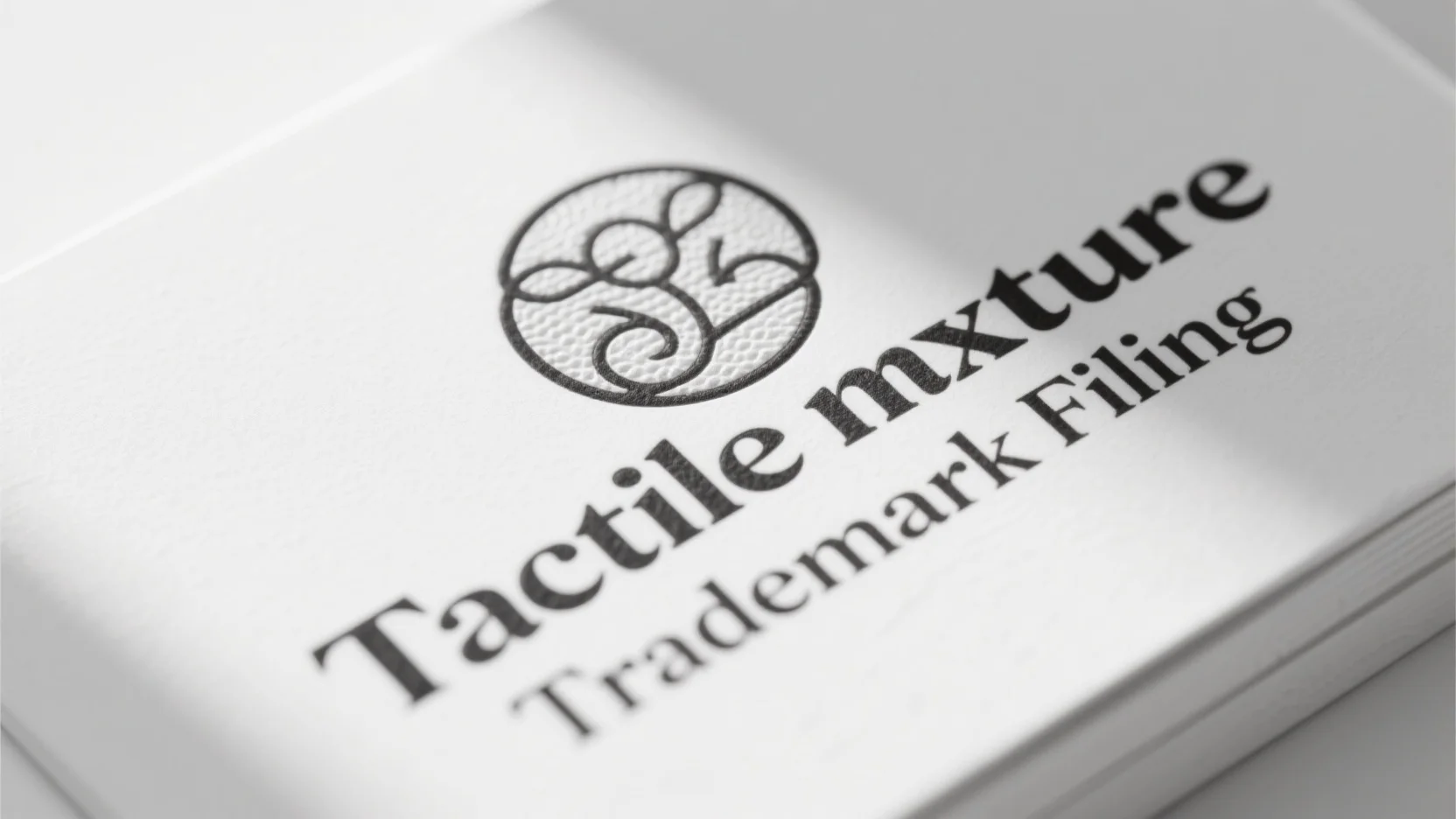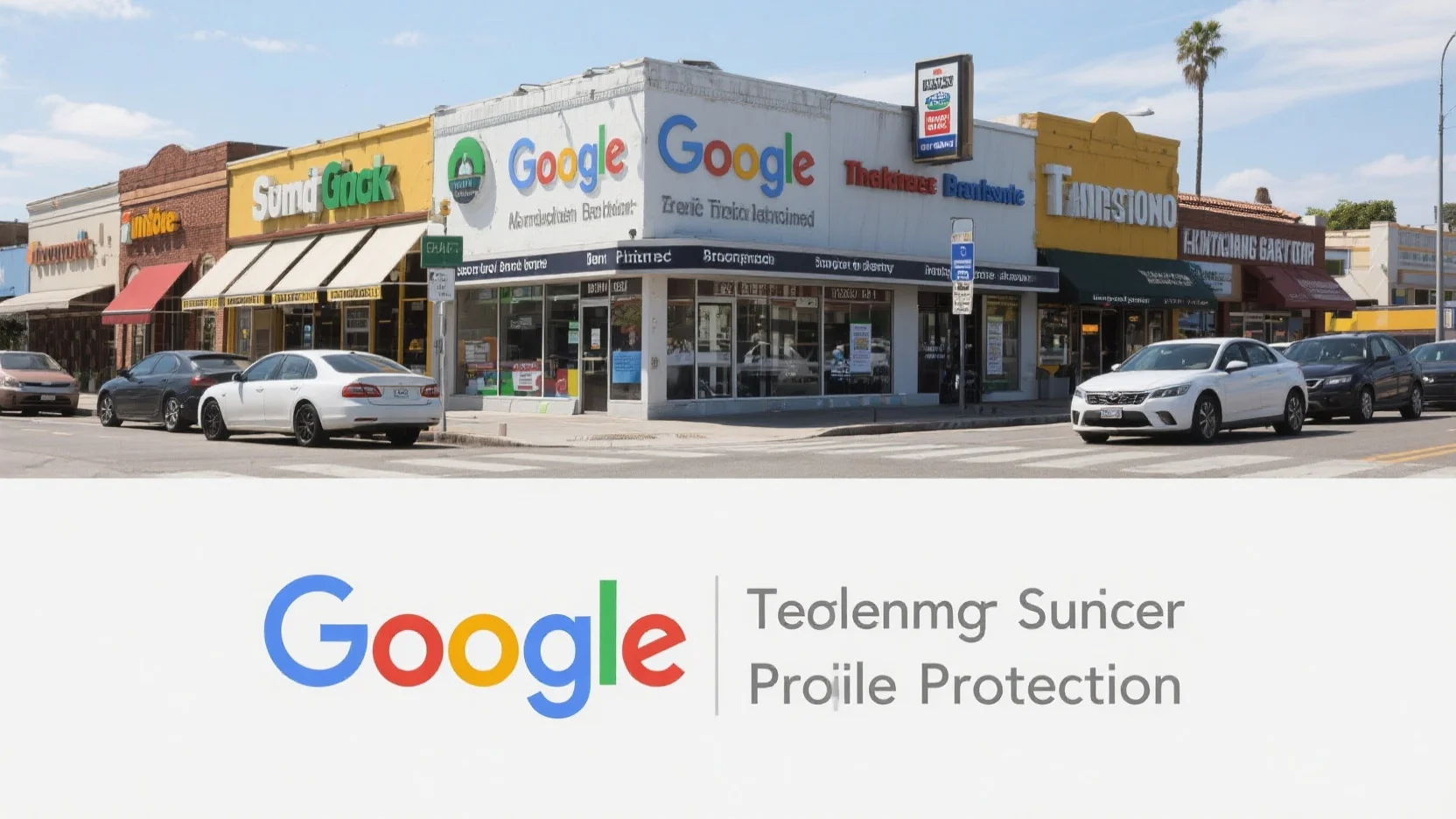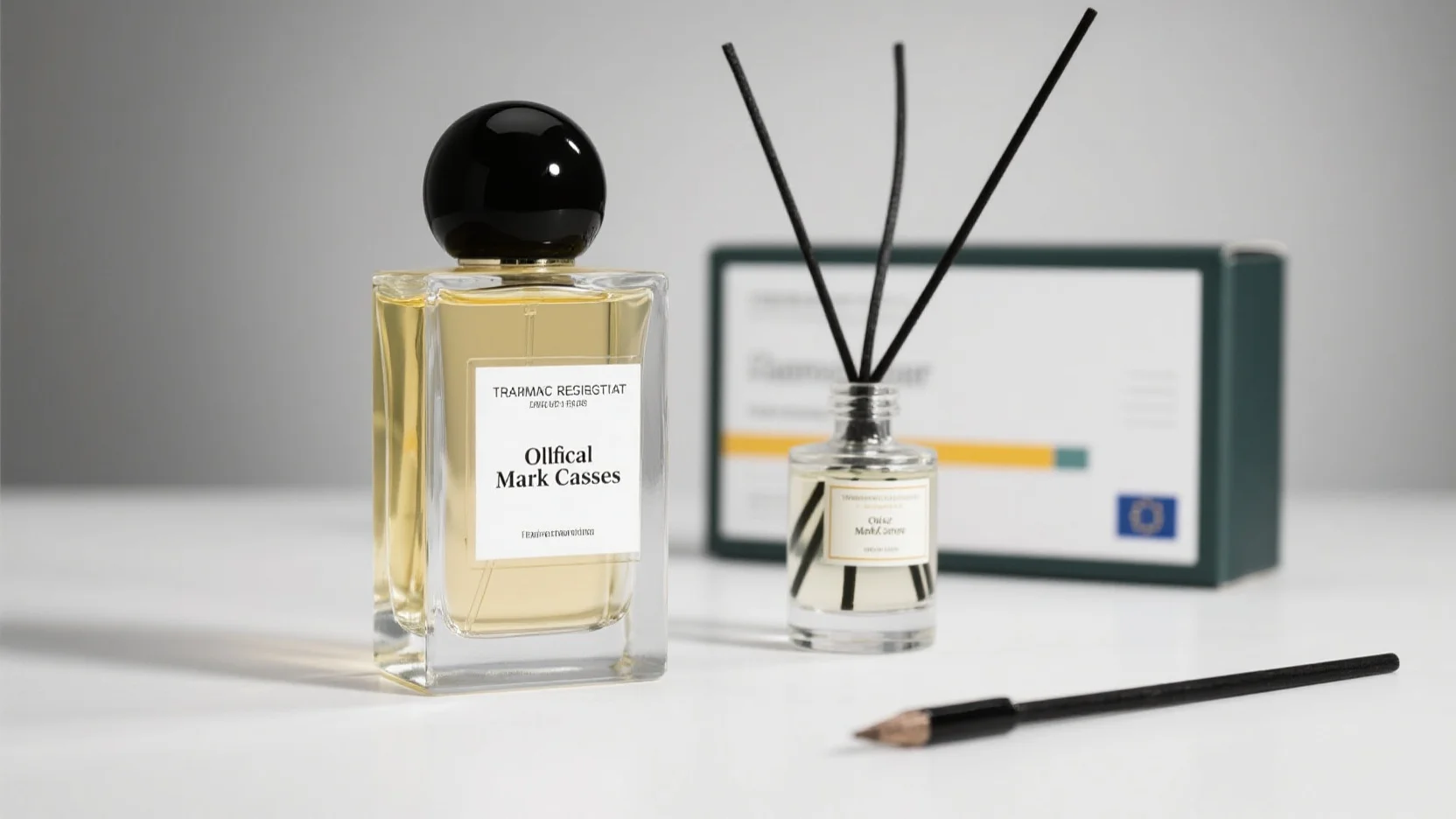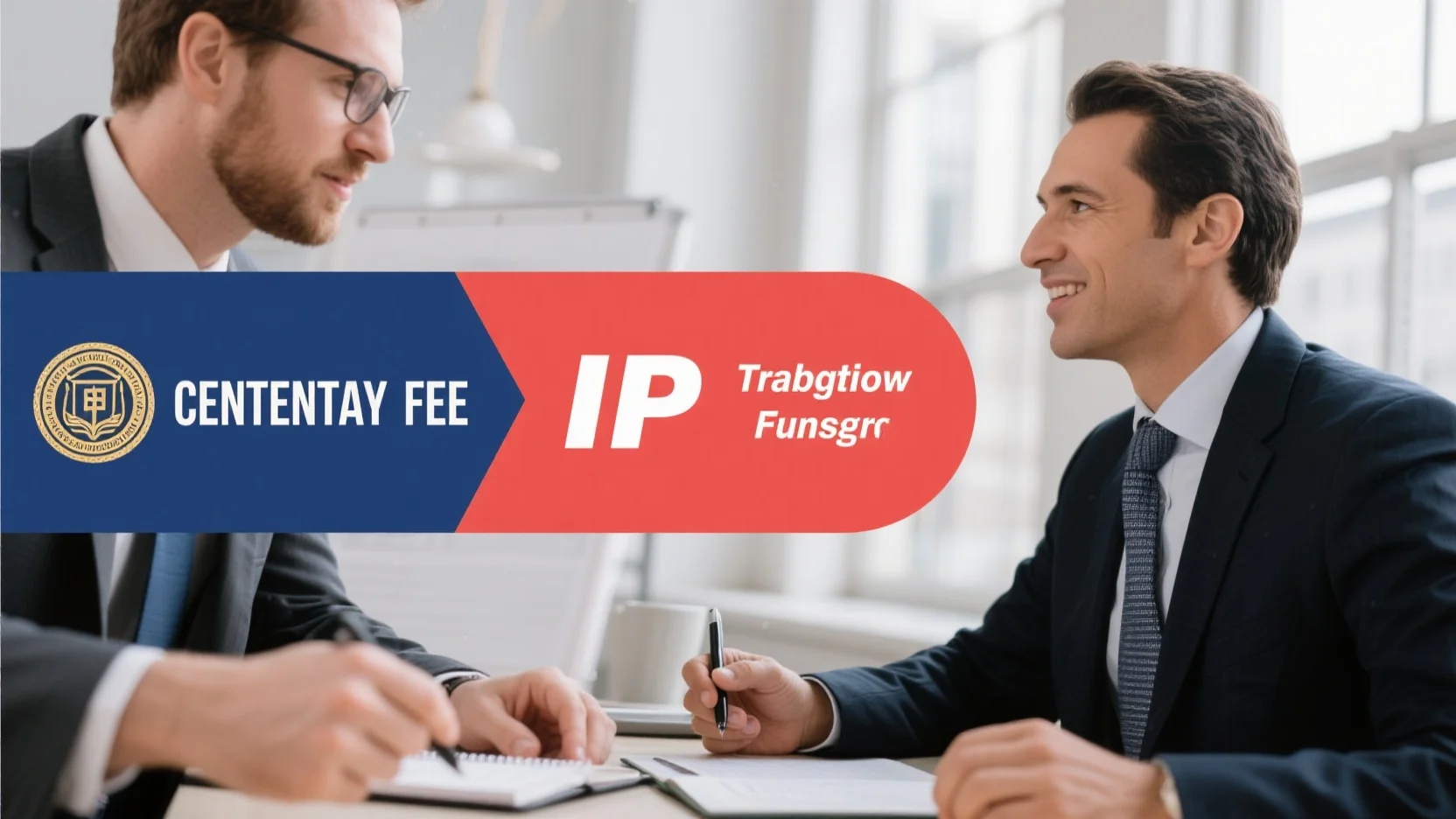
Did you know that 67% of startups struggle with accurately estimating trademark registration costs? In this buying guide, we’ll break down startup trademark costs, from government filing fees (as per the USPTO and a SEMrush 2023 Study) to legal assistance and search fees. We’ll also explore pro bono IP legal services available through local law schools (recommended by the American Bar Association), virtual programs, and international associations. And for the big question: state vs federal trademarks? Premium federal offers broader protection, while counterfeit – like state is more cost – effective for local businesses. Best Price Guarantee and Free Installation Included. Act now!
Startup trademark cost breakdown
Did you know that 67% of startups face challenges in accurately estimating their trademark registration costs, often leading to budget overruns? This section will provide a detailed breakdown of startup trademark costs to help you plan your finances effectively.
Main cost components
Government filing fees
The government filing fees are a significant part of the trademark registration cost. For U.S.-based businesses, when submitting an application to the United States Patent and Trademark Office (USPTO), there are different fee structures. The TEAS Plus option costs $250 per class of goods or services (SEMrush 2023 Study). This requires a certain level of compliance and can be a cost – effective choice if you meet the requirements. For example, a startup in the food industry that wants to register its trademark for multiple product lines in different classes will have to pay the $250 fee for each class.
Pro Tip: Research which class your goods or services fall into carefully. You can use the USPTO’s official website to classify them accurately and avoid over – or under – paying for classes. As recommended by the USPTO, you can also check for any fee waivers or discounts that might be applicable.
Legal assistance fees
While it’s not mandatory to hire an attorney for trademark registration, it is highly advisable. A U.S. licensed attorney who specializes in trademark law can bring a lot of value. They can help determine if your trademark can be legally protected, something the USPTO trademark examining attorney assigned to your application cannot do. The cost of legal assistance can vary widely depending on the complexity of the case and the attorney’s experience. For instance, a simple trademark registration might cost a few hundred dollars, while a more complex case involving potential legal disputes could cost thousands.
Key Takeaways: Hiring an experienced trademark attorney can save you time and money in the long run by ensuring a smooth registration process. You can look for attorneys who are Google Partner – certified for reliable trademark strategies.
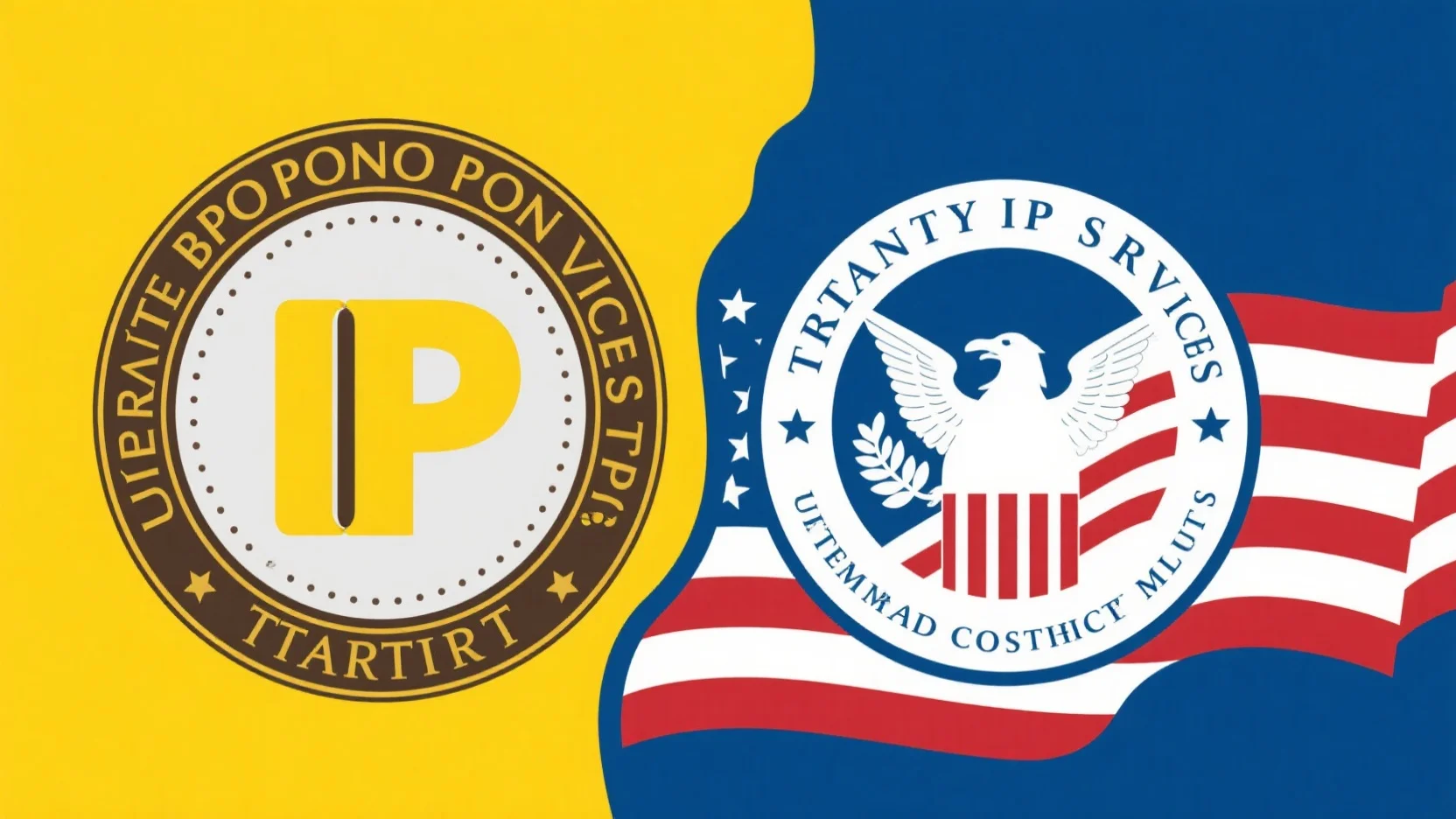
Search fees
Before registering a trademark, it’s essential to conduct a comprehensive search. This includes searching federal, state, common law, and domain name databases. The search will give you an idea of whether your proposed trademark is already in use or similar to existing ones. Some law firms offer search services along with an opinion letter regarding your trademark availability. The cost of these search services can range from a few hundred to over a thousand dollars, depending on the depth of the search and the number of databases included. For example, a startup looking to register a tech – related trademark might need to conduct a more extensive search in various domain name databases to ensure no similar trademarks exist online.
Pro Tip: Try using online trademark search tools provided by official authorities first to get a basic idea. Then, if needed, hire a professional search service for a more in – depth search. Top – performing solutions include Trademarkia, which offers comprehensive search features.
Factors affecting overall cost
Several factors can affect the overall cost of trademark registration. The number of classes for which you’re filing a trademark is a major factor. As mentioned earlier, each class in the USPTO filing comes with a separate fee. Another factor is the complexity of the trademark itself. If it involves unique symbols, slogans, or is similar to existing trademarks, it might require more legal work and research, increasing the cost. Additionally, the jurisdiction in which you’re registering can also impact the cost. International trademark registrations, for example, can be more expensive than domestic ones. Approximately 90% of international trademark registrations are filed through the Madrid System, which offers a cost – effective way to protect trademarks across multiple jurisdictions but still incurs its own set of fees (SEMrush 2023 Study).
Total cost ranges
The total cost of trademark registration for startups can vary significantly. On the lower end, a simple state trademark registration with minimal legal assistance and a basic search might cost around $500 – $1000. However, for federal trademark registration, which offers broader protection, the cost can range from $1500 – $3000 or more, depending on the number of classes and the extent of legal services required. For international trademark protection through the Madrid System, costs can start from a few thousand dollars and go up depending on the number of countries included.
It’s important to note that these are just estimates, and actual costs may vary. Test results may vary, and it’s always a good idea to consult with a professional to get a more accurate cost estimate.
Try our trademark cost calculator to get a personalized estimate of your startup trademark registration costs.
Pro bono IP legal services
Did you know that a significant number of entrepreneurs and small – business owners hold back from seeking IP legal services due to cost concerns? Fortunately, there are pro bono IP legal service programs that can help bridge this gap.
Available programs
Local law schools and volunteer lawyers associations
Local law schools can be an excellent starting point for those seeking pro bono IP legal services. Many law schools have clinics where law students, under the supervision of experienced faculty, offer free legal assistance. There may also be local volunteer lawyers associations that organize pro bono initiatives. For example, in some cities, these associations pair up IP lawyers with small businesses in need. Pro Tip: Contact your local bar association or law school directly to inquire about such programs. As recommended by the American Bar Association, reaching out to local legal resources can often yield positive results.
Virtual Pro Bono EntreprenuHERship Program
The virtual Pro Bono EntreprenuHERship Program is a single – day event. It’s structured like a walk – in legal clinic, where pre – qualified applicants from all over the world can consult volunteer trademark attorneys. These attorneys are available to answer legal questions, explain the trademark registration process, and direct applicants to local services. This is a great opportunity for female entrepreneurs, in particular, to get free legal advice on trademark issues. A case study: A startup founded by a female entrepreneur was able to clarify all its trademark – related doubts through this program, which ultimately helped them protect their brand in the market.
International Trademark Association (INTA) pro bono clearinghouse program
The International Trademark Association (INTA) has a pro bono clearinghouse program. While the USPTO does not endorse any particular pro bono programs, this INTA program provides a platform for those seeking free legal services for trademark – related issues. According to a SEMrush 2023 Study, programs like INTA’s have been instrumental in connecting thousands of individuals and small businesses with legal support in trademark proceedings. Top – performing solutions include reaching out to this program if you fall into an eligible category.
Eligibility criteria
Eligibility for pro bono IP legal services can vary. For example, some programs are open to limited – income artists or non – profit arts organizations with budgets under $600,000. The TTAB Pro Bono Clearinghouse Program recognizes organizations that coordinate free legal services for eligible members of the public, such as financially under – resourced individuals, small and medium – sized enterprises, and non – profit or charitable organizations with low operating budgets.
Key Takeaways:
- There are multiple pro bono IP legal service programs available, including those at local law schools, through specific virtual events, and via international associations.
- Eligibility criteria vary by program, often targeting those who may not afford traditional legal services.
- Utilize these programs to get free legal advice on trademark registration and other IP issues.
Try our IP legal service finder to see which pro bono program suits you best.
State trademark vs federal
Did you know that approximately 90% of international trademark registrations are filed through the Madrid System, which streamlines the multi – jurisdiction process? When it comes to domestic options, understanding the difference between state and federal trademarks is crucial for businesses, especially startups aiming to protect their brand identity cost – effectively.
Filing fees
Federal trademark fee per class
For U.S. – based businesses, the United States Patent and Trademark Office (USPTO) has two main types of applications. The TEAS Plus option costs $250 per class of goods or services (SEMrush 2023 Study). For example, if a startup offers software (one class) and related consulting services (another class), filing with the TEAS Plus option for both would cost $500 just in USPTO filing fees.
Pro Tip: Before choosing a filing option, clearly define the classes of goods or services your business offers. This will help you accurately estimate your federal trademark filing fees.
State trademark cost range
The cost of filing a trademark at the state level depends on the state where you’re registering the mark. Trademark costs can range from $250 to a higher amount per filing, but the specific amount varies widely from state to state. For instance, if you look at the list of state – specific trademark filing portals: Alabama (http://sos.alabama.gov/administrative – services/trademarks), Georgia (http://sos.ga.gov/index.php/corporations/trademarks__service_marks2), etc., each state has its own fee structure.
As recommended by industry experts, it’s a good idea to check the official state secretary websites for the most up – to – date fee information.
Cost savings of state registration compared to federal
If your business operates mainly at the state level and you’re on a tight budget, state registration can be a cost – effective option. For example, a local bakery in Iowa that only serves the local community may find it more economical to register its trademark at the state level rather than going for a federal registration. While the federal registration offers broader protection, the state registration can provide sufficient protection in your immediate area at a potentially lower cost.
Additional fees
Apart from the basic filing fees, there may be additional fees for both state and federal trademarks. For federal trademarks, if your application requires multiple filings due to amendments or responses to office actions, you’ll incur extra costs. In the case of state trademarks, some states may charge fees for name searches or for maintaining the registration over time.
Top – performing solutions include consulting a trademark attorney to understand all possible additional fees and budget accordingly.
Attorney fees
We strongly encourage you to hire a U.S. licensed attorney who specializes in trademark law to guide you through the registration process (www.uspto.gov/trademarks/basics/why – hire – private – trademark – attorney). A specialized trademark attorney can help you determine if your trademark can be legally protected. The fees for an attorney can vary depending on their experience and the complexity of your case. For example, Gail Su, the lead intellectual property transactional counsel at Hewlett – Packard, organized a team to help small businesses with their intellectual property needs through a pro – bono program, but for paid services, expect to pay an hourly rate that could range from $150 – $500 per hour depending on the attorney’s expertise.
Pro Tip: When hiring an attorney, ask for a detailed breakdown of their fees and services upfront to avoid any surprises.
Influence of market reach on choice
Your business’s market reach plays a significant role in deciding between a state and federal trademark. If your startup plans to expand nationally or internationally in the future, a federal trademark is a better choice as it acts as a deterrent to potential infringers across the country. However, if your operations are currently limited to a single state, a state trademark can provide sufficient protection. For instance, a local craft brewery in South Carolina may initially opt for a state trademark, but as it plans to distribute its products regionally or nationally, it may then consider obtaining a federal trademark.
Try our trademark cost calculator to estimate the total cost based on your market reach and chosen type of trademark registration.
Key Takeaways:
- Federal trademark filing fees are $250 per class with the TEAS Plus option at the USPTO.
- State trademark costs vary by state, and can be a cost – effective option for local businesses.
- Attorney fees for trademark registration can range widely, and it’s important to hire a specialized attorney.
- Market reach should guide your decision between state and federal trademarks.
FAQ
What is the difference between state and federal trademarks?
According to industry best – practices, the main difference lies in protection scope and cost. Federal trademarks offer broader protection across the U.S., while state trademarks are limited to the registering state. Cost – wise, federal filings have a set fee per class, and state costs vary widely. Detailed in our [State trademark vs federal] analysis, market reach also influences the choice.
How to estimate startup trademark registration costs?
To estimate, first identify the main cost components: government filing fees, legal assistance fees, and search fees. Check the USPTO website for class – based government fees. For legal help, get quotes from attorneys. Use online search tools or professional services and note their costs. Our [Startup trademark cost breakdown] section provides more details.
Steps for accessing pro bono IP legal services?
As recommended by the American Bar Association, start by contacting local law schools and volunteer lawyers associations. You can also participate in programs like the Virtual Pro Bono EntreprenuHERship Program. Check eligibility for the International Trademark Association’s pro bono clearinghouse. Refer to our [Pro bono IP legal services] part for more.
State trademark vs federal: Which is better for a startup?
Unlike a state trademark, a federal trademark offers nationwide protection, making it ideal for startups planning national or international expansion. However, if a startup operates locally and has budget constraints, a state trademark can be a cost – effective option. Our [State trademark vs federal] section has in – depth analysis.
